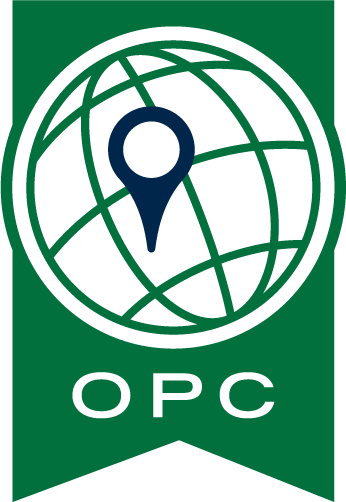
STM Teams – An Introduction
by David Nakhla, OPC Short-Term Missions Coordinator (February 2014)
When a church or mission field first contemplates the use of a short-term missions team to help accomplish its outreach goals, the prospect can be daunting. A church may want to help another OP church in need; a presbytery may want to provide a short-term mission experience abroad for its members; a church or mission field may need temporary help with its local evangelism or deeds of mercy. But, how is a team formed? Who leads it? How are they prepared for travel and for the work they will do?
In addition to the STM Resources and Testimonials provided on this website, you may find the following Q&A helpful, which resulted when a mission field recently approached me about getting started with short-term missions. This brief introduction to the subject is based largely on the experience of the OPC Presbytery of Southern California, which has been very active in sending out short-term mission teams to foreign mission fields.
Q: There are a few team programs within the OPC such as Team Haiti and Team Praha. Can you tell me how these got started?
David Nakhla: Team Haiti and Team Praha date back to 2007 when the Youth Committee of the OPC Presbytery of Southern California (PSC) established a sub-committee whose mandate was to focus on short-term mission (STM) opportunities for the covenant young people of the presbytery. Team Haiti and Team Praha, which are geared towards working with OPC foreign missionaries, are the outcome of those efforts.
Q: How are these teams organized?
David Nakhla: The PSC Youth Committee takes responsibility for everything associated with getting the team to the field, performing the following tasks:
selecting a mission field to approach with their offer of help
working with the field in shaping the work of the team
recruiting quality team leaders (a very important component to a successful STM)
advertising the opportunity within the presbytery
receiving the applications ... pursuing references ... selecting the team
connecting the team leader with the missionaries
planning the team's travel
arranging a send-off
Q: Is there a team leader?
David Nakhla: The PSC Youth Committee typically selects a pair of team leaders - one mature man and one woman, or a couple if one can be found. This practice was started with the PSC's "Team Baja" which for 20+ years sent STM teams to Tijuana for 2 week periods to work with David and Jane Crum, who had been sent by the PSC to work in Mexico.
Q: What are the responsibilities of the team leader?
David Nakhla: The primary responsibility of the team leaders is to manage and lead the team when on the ground. What this entails does vary from field to field and is more or less at the missionaries' discretion. This is consistent with our philosophy that it is wisest to lean on the wisdom and experience of the church leaders that the Lord has placed in that particular place. As such, the missionaries will determine if the leaders are there mainly to shepherd the team (an important work particularly if its a younger team) or whether they are there to head up the work of the team and divy out the responsibilities. In Mexico, for instance, the Crums used the team leaders mainly to serve as chaperones for the group, while David carried most of the responsibility associated with leading the team in carrying out its mission. At other times, it can be a combination of the two key responsibilities described above.
Q: How are team members prepared before the trip?
David Nakhla: This varies from team to team and is largely a function of the nature of the work that will be performed on the field. Of course, all teams need preparation associated with foreign travel, such as travel insurance, shots, etc. Additionally, it is good if team members can receive some cultural orientation and training. This can be done using orientation material provided by the host missionaries, or pointing team members to specific websites that contain country/culture specific material, or even developing a "required reading" list for the team. For instance, the book entitled, When Helping Hurts, is becoming required reading in many short-term missions organizations.
Preparation for the work itself varies based on the type of work they plan to perform on the field; those who come to do construction will need to do little preparation, while those coming to teach ought to anticipate many hours of pre-field preparation. For instance, some of the team members who go to the Czech Republic to do an English Camp spend 8-10 hours of preparation for each English lesson they plan to teach!
Planning for a team to serve in an international destination does require a good bit of planning, particularly the first time. Thankfully, much of that foundational spade work invested into the first trip can be built upon subsequent years as systems are established and improved upon. A short-term missions effort does require an investment, but many churches and presbyteries have found it to be well worth the investment.
For more information, you are welcome to contact me directly:
David Nakhla
OPC Short-Term Missions and Disaster Response Coordinator
David.Nakhla@opc.org
562-760-7606
